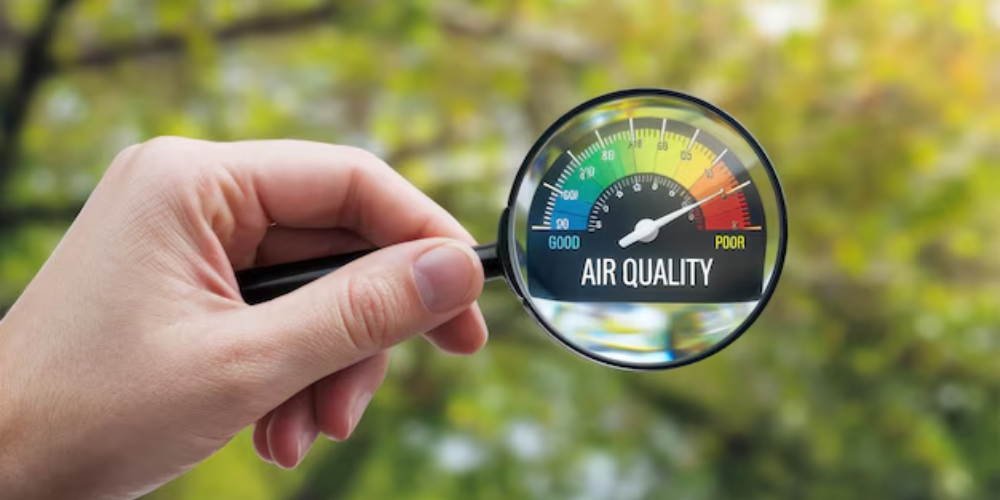Writing has always been personal. For many outdoor writers like Brad Dye, it’s more than just capturing a scene or recalling a moment in the woods—it’s about preserving authenticity. Technology may have offered convenience, but that trust?
It’s still not fully earned. Especially when it comes to the rise of artificial intelligence.
A Writer’s Connection to Simplicity
Brad Dye, known for his connection to nature and love for old-school tools, reflects on how much he relies on his laptop—yet doesn’t entirely trust it. Whether writing from a deer stand, beside a river, or tucked away in his turkey vest, the portability of a MacBook brings flexibility. Still, it’s the saving part—when the document is nearly done—that stirs unease.
That lingering doubt has made backup plans second nature:
- Documents are saved on the hard drive, cloud, and often emailed to himself.
- Short pieces? Sometimes even printed out.
- Manual typewriter? Still functional—and used occasionally.
When Tools Fail, Old Habits Matter

Freepik | Brad Dye values handwriting over digital tools for thoughtful and clear writing.
The reason for so many fail-safes? Experience. Years of lost drafts due to system crashes or forgotten saves have made redundancy a habit. Autosave might be reliable, but it doesn't replace the security of hard copies or email backups.
Brad Dye’s approach echoes that of another admired writer—Wendell Berry. Known for writing all his manuscripts by hand before handing them off to his wife for typing, Berry’s rejection of digital tools resonates deeply. His preference for handwriting over screens is not just nostalgia—it’s a statement on thoughtfulness and clarity.
Technology: Useful but Distrusted
The outdoor writer’s take on artificial intelligence mirrors his general stance on technology. It’s not rejection—it’s skepticism. Like many, he appreciates its potential, especially in science and medicine. But the question remains: what are the long-term effects on human thinking?
Concerns are rooted in observed behavior:
- Over-reliance on smartphones reducing real-life interaction.
- Shrinking attention spans influenced by screen time.
- Reduced physical and mental activity linked to tech convenience.
Wendell Berry also shares this caution. In "The Need to Be Whole: Patriotism and the History of Prejudice", he argues that several generations of “technological progress” have not made people more informed, but less capable of critical thought.
Where the Writer Stands on AI
While many embrace AI as a productivity booster, Dye remains wary. When Microsoft Word’s “Copilot” feature offers to help write and edit documents, he sees a problem. Writing isn’t just about getting words down—it’s about the thought process behind them. Tools that interfere with that process raise questions: If machines start thinking for people, what happens to the depth of human understanding?
The writer’s perspective isn’t anti-progress. It’s about thoughtful use. There's a difference between helpful tools and ones that do the work for you.
Lessons from the Past, Warnings for the Future

Freepik | Dye believes in unhurried writing, free from tech, to maintain a genuine link with words.
Technology doesn’t always make life better. Sometimes, it dulls essential skills. Berry recounts a man who continued to chop wood with a handsaw long after chainsaws became the norm. Was it harder work? Sure. But he was healthier and more grounded for it. That principle—choosing simplicity over speed—holds meaning, especially for those who live close to the land.
Writers like Dye see value in slowing down. In stepping away from the rush of constant digital stimulation. In preserving the craft of writing without over-editing or artificial assistance. Not out of fear, but from a desire to stay connected—to words, to nature, and to a slower, more deliberate way of thinking.
Simplicity Still Holds It's Place
In a time when tools are rapidly evolving, it’s easy to forget the value of simplicity. For many writers, especially those grounded in the natural world, staying true to the process is what keeps their work honest. Artificial intelligence may be efficient, but it can't replicate instinct, experience, or the perspective earned from time spent outdoors.
As the conversation around AI continues, one thing is clear: trust isn't granted just because a tool is smart. It’s earned over time—and some still prefer a pencil and paper to prove that point.










